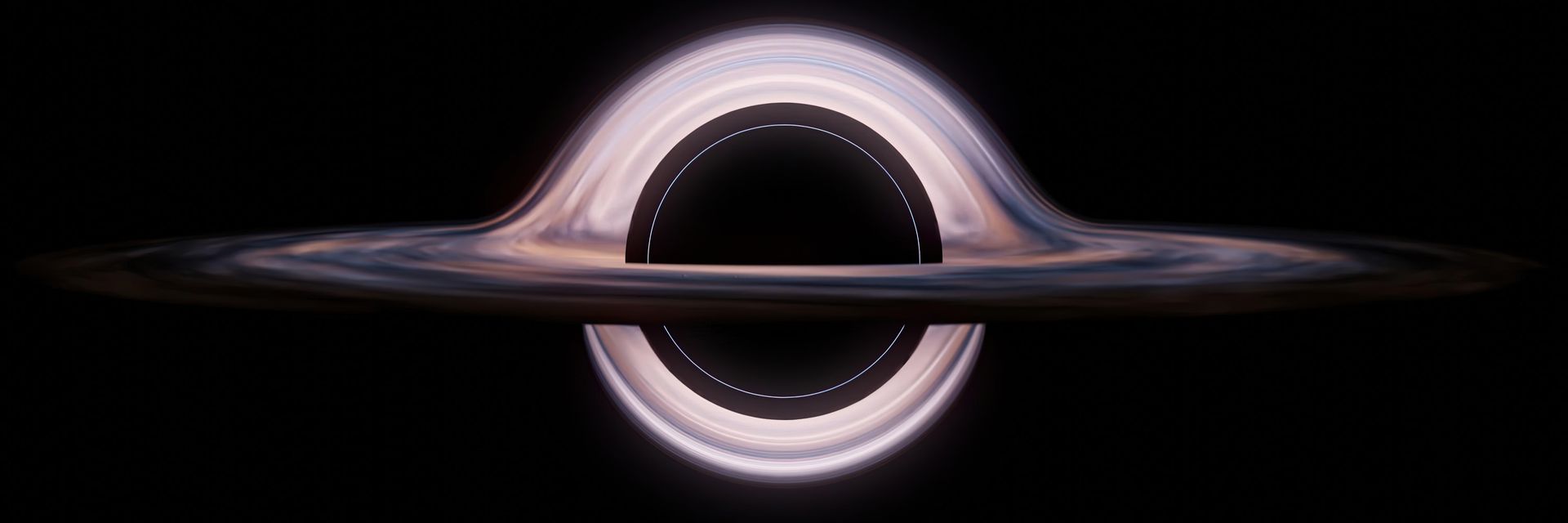Gravitational time dilation is the force of gravity’s effect on the passage of time. How do astrophysicists explain it?
◊
Gravitational time dilation is a fascinating concept in physics that describes how time passes differently in regions with different gravitational forces. To understand this concept, let's start with the idea that time is not absolute but relative. This means that time can be experienced differently by different observers, depending on their relative motion and position.
Physicists have long known that gravity is one of the fundamental forces of nature governing the motion of objects in the universe. According to Einstein's theory of general relativity, the force of gravity is not a force in the traditional sense but rather a curvature of space-time caused by the presence of mass or energy. This curvature affects the motion of objects and also the passage of time.
For more on gravitational time dilation, check out The Amazing World of Gravity on MagellanTV.
The higher the gravitational force in a region, the more slowly time passes. This phenomenon is known as gravitational time dilation.
One way to think about this is to consider the effects of gravity on the path of light. Light travels in straight lines in flat space-time; but, in regions with strong gravity, such as near a massive object like a black hole, the path of light is bent by the curvature of space-time. This bending of light means that time is also affected, and it appears to slow down relative to an observer in a region with weaker gravity.
Altitude and mass affect the strength of gravity and, therefore, the rate at which time passes. The closer an object is to the source of gravity, and the more massive an object, the stronger the gravitational force it experiences – and the slower time passes. For example, time passes slightly slower on the surface of the Earth than at higher altitudes, such as on a mountain or in a satellite orbiting the Earth.
A related but different type of time dilation can be caused by relative velocity, which can cause similar effects.
Gravitational time dilation has been observed and measured in several experiments, such as the Pound-Rebka experiment and the Hafele-Keating experiment. These experiments have confirmed the predictions of Einstein's theory of general relativity and have provided evidence for the existence of gravitational time dilation.
In summary, gravitational time dilation is a fascinating phenomenon that describes how time passes differently in regions with different gravitational forces. Altitude and mass affect the strength of gravity and, therefore, the rate at which time passes. This concept has important implications for many areas of physics, including astronomy, cosmology, and space exploration.
Ω

